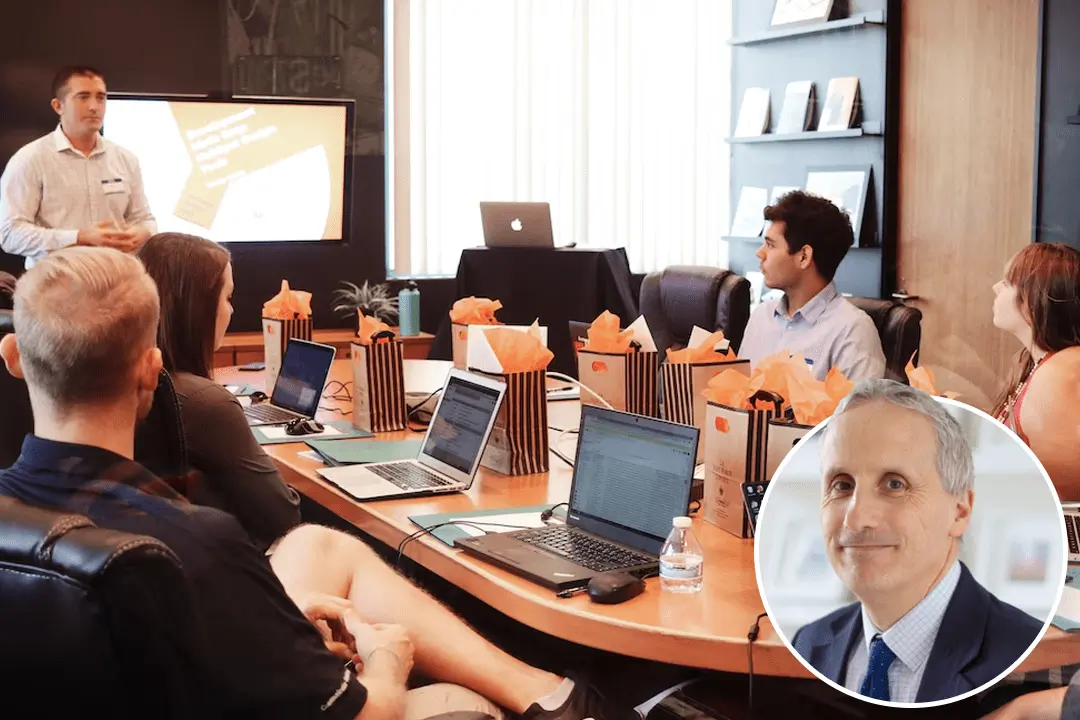Cyber crime……Two words to send a shiver down the spine of most business owners. Cyber crime continues to pose a clear and present danger to businesses around the globe. Estimates suggest the cost of cyber-crime to the UK, is in the region of £27billion per annum.
Staffordshire Chambers’ of Commerce delivers a Business Crime Helpline in our county and we have anecdotal evidence of local businesses who have fallen victim to cyber crime. Cyber attacks can lead to financial, reputational, and operational impacts on a business. Having good cyber security in place will not only meet compliance with regulations but can also build customer trust.
A significant number of cyber-attacks can be caused internally, such as an employee clicking on a link in an e-mail. The growing role of Artificial Intelligence (AI) should be recognised as a potential risk of a cyber-attack.
Some of the more common threats of cyber-attack include:
· Hacking -Including social media and email passwords.
· Phishing – With bogus emails asking for personal details and security information.
· Malicious software – This can include ransomware, when criminals hijack files and hold them to ransom.
Cyber criminals will typically look for the path of least resistance, when targeting a business. There is a need for businesses to develop effective cyber/information security and to consider taking steps to fight back:
· Cyber 101 – Risk Assessments (if you can’t measure it, how do you know how to protect it?).
· Customised remediation, strategies and roadmaps.
· Collaborative implementation and technical expertise.
· Continual improvement.
There are a number of cyber frameworks which can help to protect your business:
· Cyber Essentials – standard and plus
· ISO27001
· Digital Operational Resilience Act (DORA) and FCA
Businesses who attain DOR and FCA accreditation have an obligation to be resilient but the fightback starts with employee awareness. Every one of your staff has a role to play in the fight. Regular training and awareness helps to build a culture of cyber security. Developing an incident response plan will cover preparation, identification, containment, eradication, recovery, lessons learned and the importance of having a playbook and regular drills. The plan can be supported by external resources and support.
Cyber Essentials is the minimum baseline cyber security standard for organisations in the UK. This is a government backed standard and preparing for the assessment is an affordable and accessible way for businesses of all sizes to implement the technical controls needed to protect themselves against the most common cyber threats. Don’t leave yourself open to preventable threats!
Chamber members can obtain the Cyber Essentials certification with support from Chamber Cyber Essentials, in partnership with IASME. Staffordshire Chambers’ of Commerce has a number of members who can offer support and assistance in guiding a business through the process and if you would like to learn more, please send me an e-mail:
declan.riddell@staffordshirechambers.co.uk







